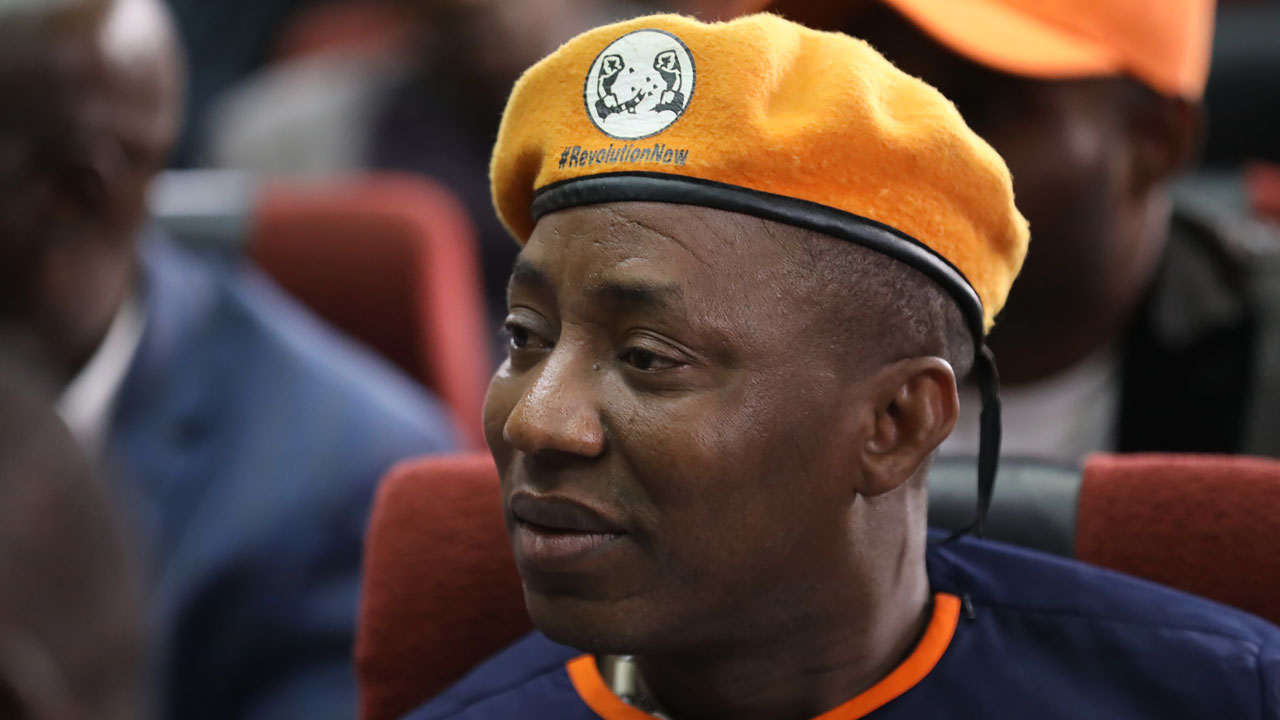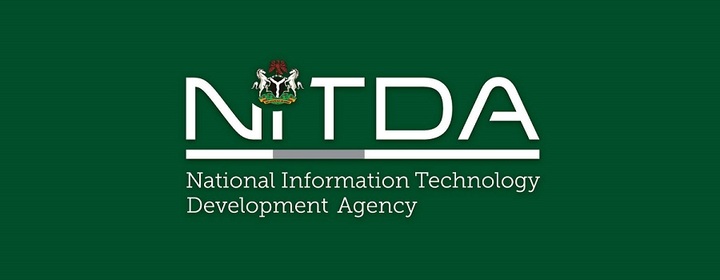The Director-General of the National Information Technology Development Agency, Kashifu Abdullahi, has said that technology can play a major role in combating corruption and inefficiency in government operations.
He recently shared that digital platforms, if properly deployed, can decrease fraud in the public sector.
Speaking at a conference themed “Advancing Government Operations Through Digital Transformation,” which united stakeholders from government and the technology sector to discuss reforms in governance via digital tools, Kashifu stated that digital tools can create corruption-proof systems that are transparent and very hard to manipulate.
He said that digitising government processes will not just boost transparency, it’ll also decrease waste while enhancing service delivery.
“Digital platforms leave audit trails. They are hard to manipulate. E-procurement, e-payment, and blockchain-based land registries can significantly reduce fraud and corruption.
Technology is not just a tool — it is a weapon against inefficiency and injustice,” he said.
Quoting a World Bank report, Kashifu disclosed that nations that digitise procurement save an average of 20 per cent in public spending, emphasising the need for Nigeria to explore such practices.
He mentioned that under the supervision of the Ministry of Communications, Innovation and Digital Economy, NITDA has collaborated with several ministries, departments and agencies to develop and implement Digital Transformation Plans that target automation, cloud adoption, and data-driven service delivery.
According to him, digital transformation can easily bridge the gap between rural and urban, young and old, rich and poor; therefore, it is important to meet Nigerians where they are mostly found nowadays, online.
He concluded by saying that the digital transformation must focus on guaranteeing access and connectivity across every segment of society.
“Digital government bridges the gap between rural and urban, young and old, rich and poor. With over 122 million Nigerians online and mobile penetration at over 90 per cent, we must meet citizens where they are: online, mobile, and on-demand,” he added.

Folami David is a dynamic journalist who views the world through an analytical lens, translating complex narratives across multiple industries into compelling stories. With an insatiable appetite for information and a keen eye for emerging trends, Folami specializes in uncovering the interconnections between technology, business, culture, and society.

















